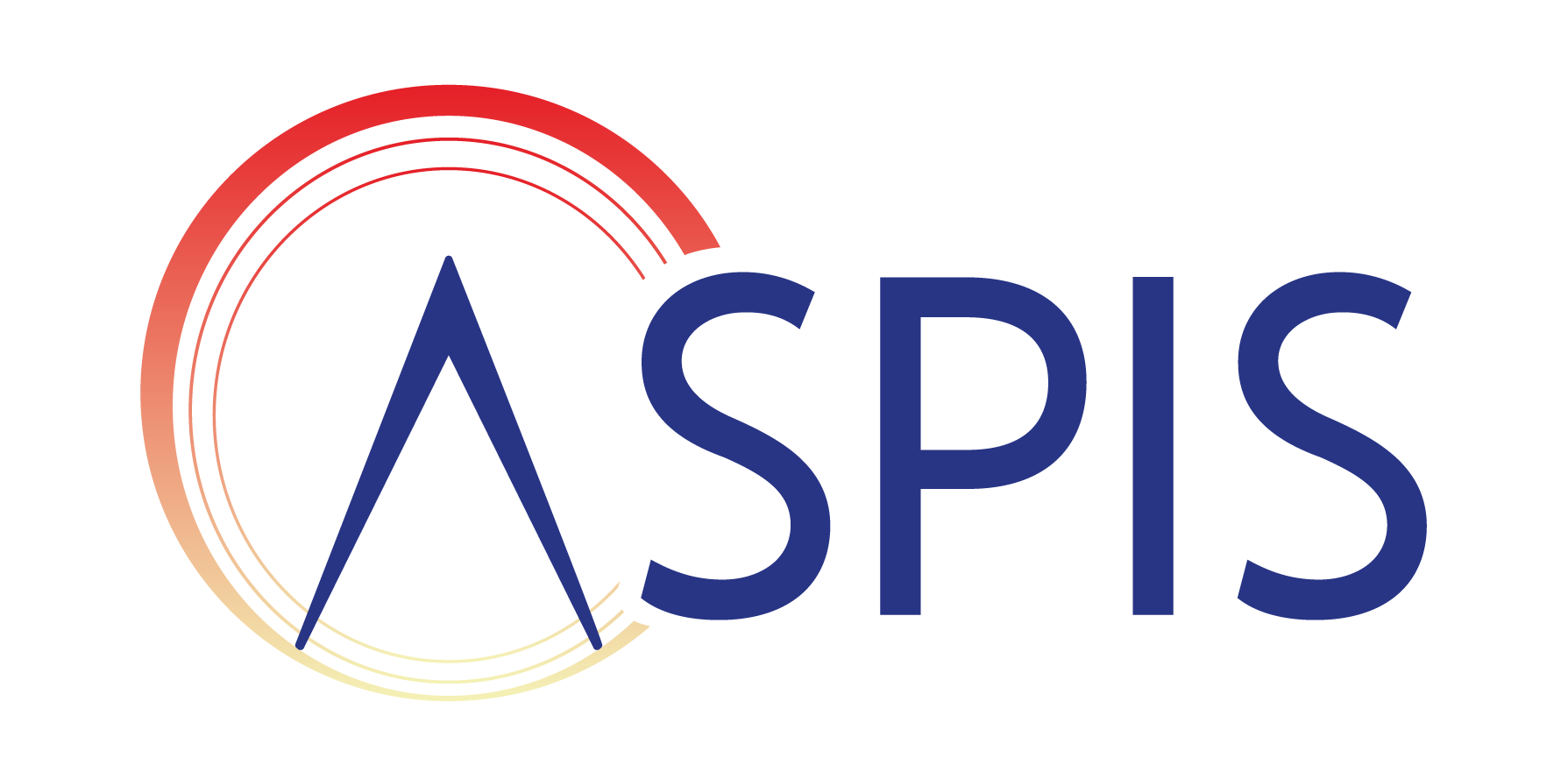By the end of August 2022, the European Citizens’ Initiative (ECI) “Save Cruelty Free Cosmetics” had collected nearly 1.5 million signatures from citizens in support of its call for the European Commission to protect and strengthen the cosmetics animal testing ban, transform the EU Chemicals Regulation, and to put forward a concrete plan to transition to non-animal science.
The European Commission previously recognised that the 2013 Cosmetics Marketing Ban reflected the choice of the European Parliament to end animal testing for cosmetics as well as its positive impact on the determination to develop further non-animal methods, the ECI further exemplifies the societal imperative.
The ASPIS:
- Supports the ECI and its calls for only non-animal testing methods to be used for the safety assessment of cosmetics ingredients and the protection of workers and the environment.
- Recognises the opportunity for improved chemical safety assessment using non-animal New Approach Methodologies (NAMs) and the benefits of moving away from a default tick-box approach in implementing standard information requirements based on animal testing.
- Agrees with the creation of a dedicated framework and roadmap to responsibly and effectively phase out animal testing with dedicated funding, ambitious timelines, and cross-sectoral support, which is critical for the transition to non-animal NAMs.
Three consortia are working together as ASPIS to accelerate and improve chemical risk assessment in the EU by advancing science, awareness training, and supporting the work of policy and regulatory agencies. ASPIS believes the confidence in the primacy of animal tests for chemical safety assessments is misplaced and, having already been validated for some regulatory endpoints, non-animal NAMs are continuing to develop towards assessing complex adverse outcomes with greater precision than traditional animal tests. Furthermore, ASPIS believes legislation cannot be fit for purpose without reflecting the latest advancement of science in the fields of non-animal NAMs and this should be applied equally across chemical safety regulations.
ASPIS cluster:
For PrecisionTox, Prof. John Colbourne (University of Birmingham)
For ONTOX, Prof. Mathieu Vinken (Vrije Universiteit Brussels)
For RISK-HUNT3R, Prof. Bob Van de Water (Leiden University)

